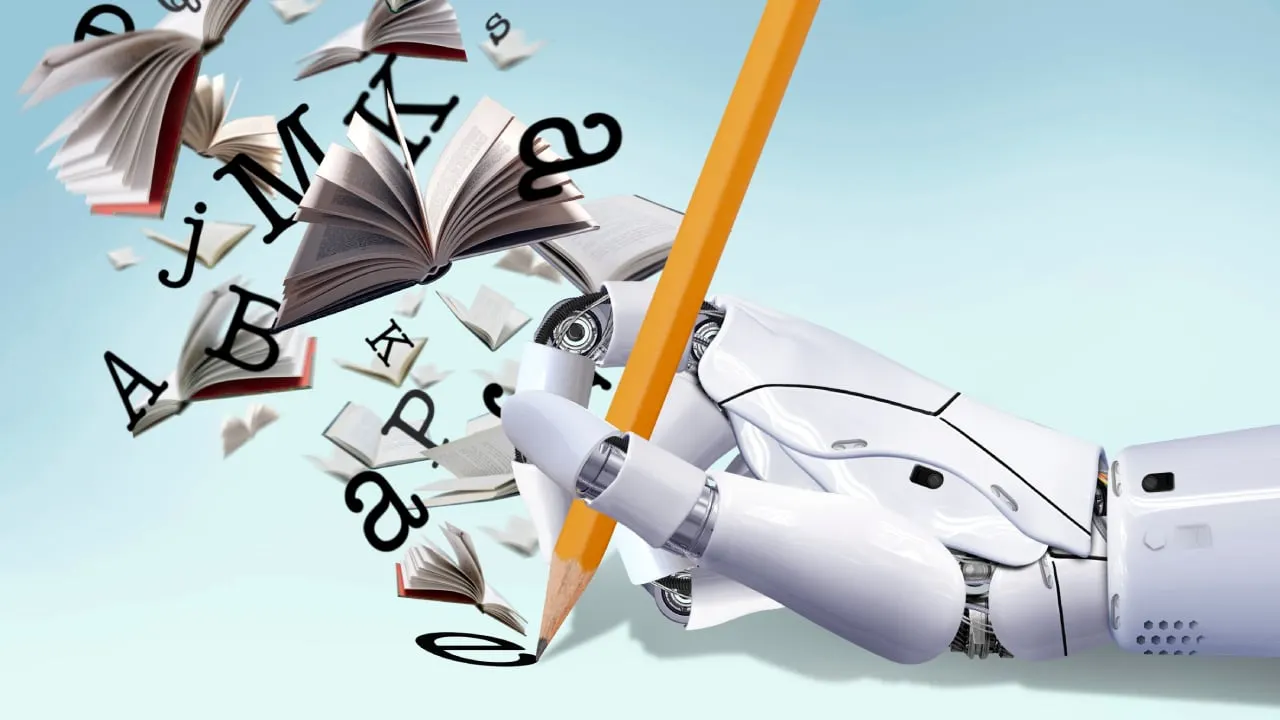 Researchers at Facebook’s parent company have developed an AI text-to-music generator called MusicGen. The language model, described by Meta’s Fundamental AI Research (FAIR) team as “a simple and controllable model for music generation”, can take text prompts like, for example, ‘up-beat acoustic folk’ or “Pop dance track with catchy melodies” and turn them into new 12-second music clips.
Researchers at Facebook’s parent company have developed an AI text-to-music generator called MusicGen. The language model, described by Meta’s Fundamental AI Research (FAIR) team as “a simple and controllable model for music generation”, can take text prompts like, for example, ‘up-beat acoustic folk’ or “Pop dance track with catchy melodies” and turn them into new 12-second music clips.
Source: Meta just released an AI music generator that was trained on 20,000 hours of licensed music







 The music industry has been grappling with the challenge of royalty payments for a long time. The royalty payment system involves multiple stakeholders, including record labels, publishers, and performance rights organizations (PROs), which can make the process opaque and complex. This can result in mistrust within the industry and lead to difficulties in tracking and distributing royalties accurately.
The music industry has been grappling with the challenge of royalty payments for a long time. The royalty payment system involves multiple stakeholders, including record labels, publishers, and performance rights organizations (PROs), which can make the process opaque and complex. This can result in mistrust within the industry and lead to difficulties in tracking and distributing royalties accurately.
